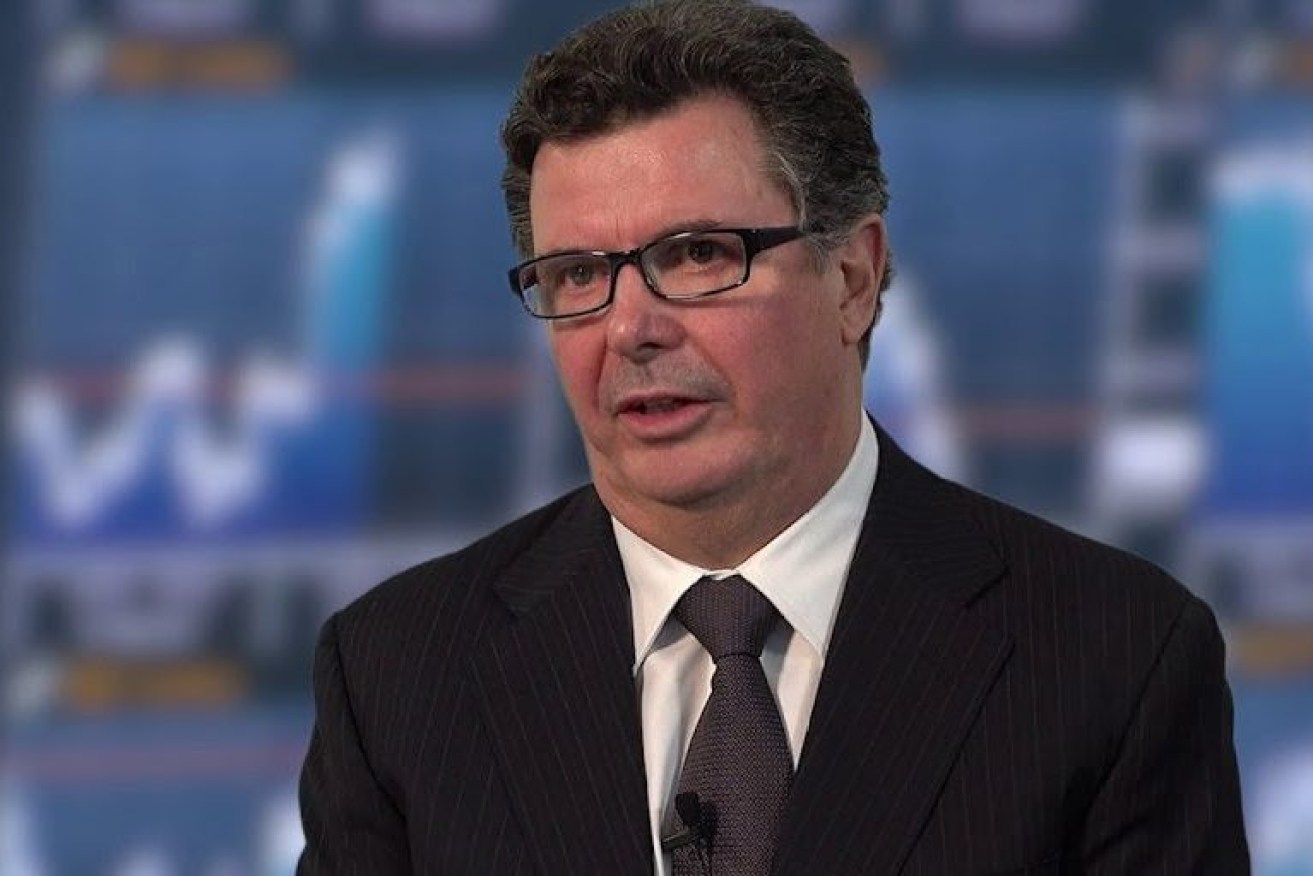Hard landing: QIC draws the line on when a recession will hit Australia
The risks of Australia entering a recession were high but avoidable as long as Reserve Bank’s cash rate didn’t match the current expectations of the money markets, according to the Queensland Investment Corporation.


QIC economist Matthew Peter has said the RBA is too inward looking.
In an economic update, QIC said its modelling suggested that consumers should be able to cope with increases in the cash rate, which determines the interest rates used by banks, up to 2.75 per cent.
However, if the cash rates went to between 3.5 per cent and 3.75 per cent as currently implied by market pricing, then “we’d be concerned the economy would experience a hard landing”.
“Such aggressive rate hikes would lift debt servicing rates to the highest levels seen since 2008 and potentially trigger a 20 to 30 per cent correction in the housing market,” QIC’s principal economist Matthew Peter said.
“We suspect this would be enough to rip the Australian economy into recession. Although this is not our base case view, we place the probability of a recession at around 30 per cent to 40 per cent.
“While the RBA has a history of skillfully managing economic cycles and averting recession, 2022-23 may prove to be one of their toughest challenges yet.”
The Reserve Bank is expected to hike interest rates again at its next meeting and economists have tipped a rise of 0.5 per cent to the cash rate. If that occurs it would be the fourth successive increase and the third at 0.5 per cent.
The ANZ said this morning that it expects the cash rate to hit 3 per cent by the end of next year, but that could occur sooner if the RBA wants to aggressively stamp out inflation.
The cash rate is currently 1.35 per cent.
Peter said the negative wealth effects of the current fall in house prices would weigh heavily on consumer spending.
“The drop in house prices is expected to wipe off around 0.8 per cent to 1 per cent from consumption growth this financial year.
He said while that was substantial, he did not expect it to derail the economy.
“Consumers have built up substantial financial buffers since the onset of the pandemic that will cushion the impact of rising interest rates and higher inflation,” Peter said.
“Households have amassed savings worth around 13 per cent of GDP, about 3 percentage points above that seen in the US and UK.
“Even before eating into these excess savings, households have plenty of room to lower their savings rates to normal levels with the current household saving rate still 4 percentage points above that seen prior to Covid.”












